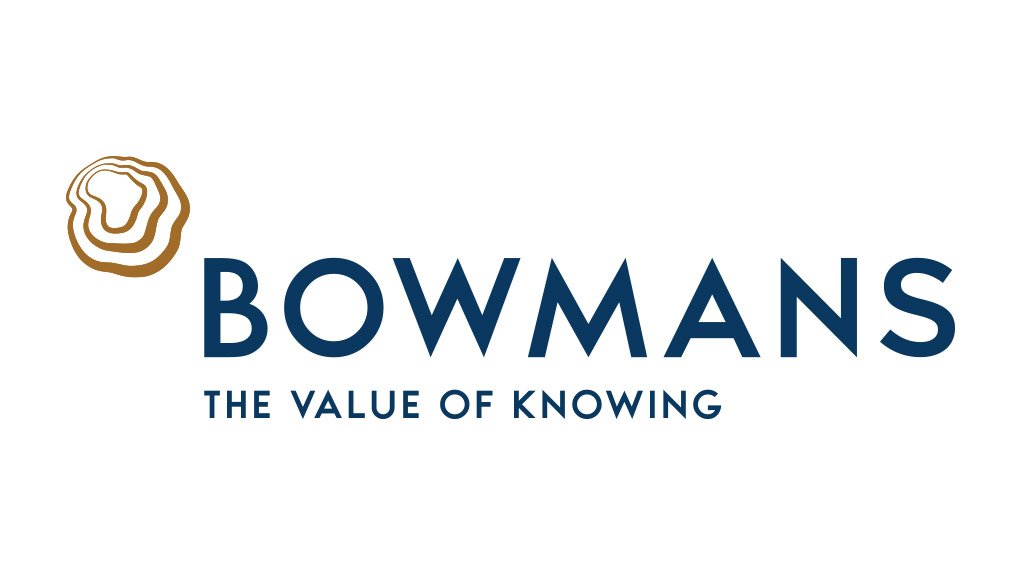On 19 July 2024, Zambia enacted the Electricity (Open Access) Regulations, 2024 (Open Access Regulations), joining many other countries and jurisdictions across the world that have implemented open markets in their electricity industries.
The adoption of an open access regime is a necessity for Zambia due to its current energy challenges and the urgent need for investment in the sector. It is anticipated that the open access regime will foster a competitive environment, attract private investment, enhance efficiency, and ultimately improve electricity supply.
Before this, Zambia’s generation and transmission were under the state-owned entity, ZESCO Ltd (ZESCO), which controlled the majority of the transmission network.
The primary goal of the open access regime, anchored in the Electricity Act of 2019, is to empower independent power producers (IPPs) to generate and sell electricity directly to consumers, bypassing ZESCO.
The Open Access Regulations offer detailed implementation guidelines and address critical issues. These include, among others:
Licensing and conditions
qualifying participants for open access include entities licensed by the Energy Regulation Board (ERB) such as a trader of electricity with a trading capacity of at least 1 MW, a supplier of electricity with an installed capacity of at least 1 MW, a system user and consumer of electricity with a consumption capacity of at least 1 MW;
the categories of open access are divided into long-term open access (for access for more than five years), medium-term open access (for access for more than three months but less than five years), and short-term open access (for access of less than three months).
the application process, procedure and prescribed timelines for open access to the transmission or distribution system are outlined;
the factors that a transmission network service provider or distribution network service provider must consider, the key being the availability of capacity, before approving access to the network;
the conditions for an open access user to trade in electricity, including the requirement to provide financial security and to keep the system operator indemnified against all claims arising from open access transactions.
Priority of access
The Open Access Regulations provide that access for an entity meeting electricity demand or ensuring maintenance of security of supply within Zambia be given priority, followed by long-term open access, medium-term open access, and last short-term open access.
Administration
The functions of the system operator include assigning the responsibility of scheduling open access transactions and curtailing power to the system operator. The functions of the ERB include the power to approve charges for open access.
Next steps
The system operator must develop and submit to the ERB for approval, guidelines and procedures for the operation of a transmission system and distribution system within 180 days from 20 July 2024. Further, the ERB must develop a clear pricing methodology to determine access fees.
Conclusion
The Open Access Regulations represent a promising step towards a more competitive and sustainable energy sector. However, successful implementation will require careful planning and coordination to address the existing challenges, such as developing a clear transmission pricing methodology and establishing an independent system operator (currently this function is being performed by ZESCO.)
Written by Bwalya Chilufya-Musonda and Joshua Mwamulima, Partners, Bowmans Zambia
EMAIL THIS ARTICLE SAVE THIS ARTICLE ARTICLE ENQUIRY
To subscribe email subscriptions@creamermedia.co.za or click here
To advertise email advertising@creamermedia.co.za or click here











